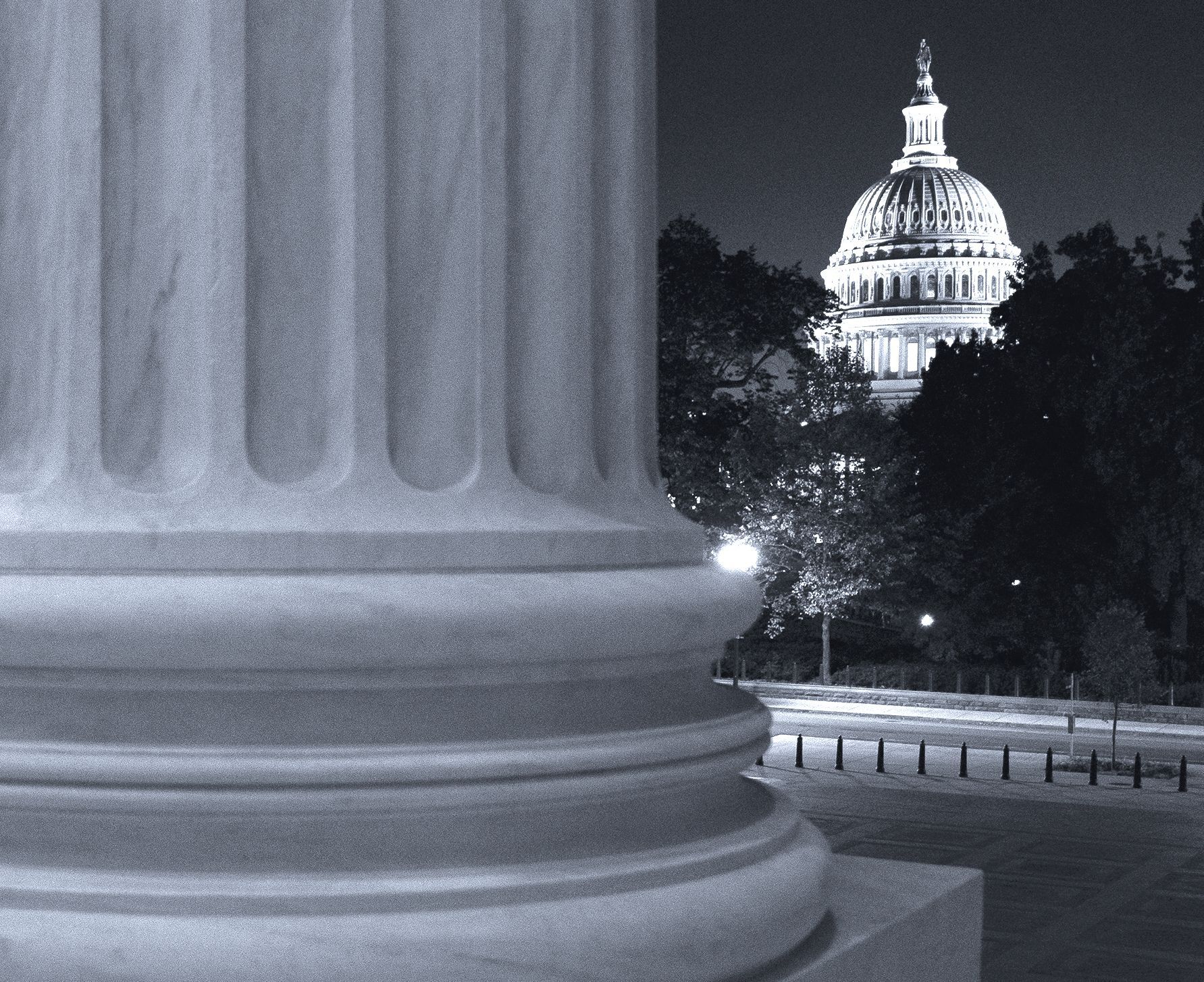
U.S. lawmakers have proposed requiring government approval for certain outbound investments, much as today's Committee on Foreign Investment in the United States regime requires a national security review of certain investments in the United States.
The proposed legislation, called the "National Critical Capabilities Defense Act of 2022," seeks to mandate a national security screening process for outbound investments that are related to "critical capabilities" in the United States and to the resources (such as financing, technology, or intellectual property) that support them, according to an early draft. Under the proposed regime, when such transactions benefit a country of "concern" (e.g., China or Russia) or a related "entity" of concern, transaction parties would be required to report such transactions to, and potentially required to obtain approval from, a committee comprised of representatives from various parts of the government.
The proposed national security screening process would involve requiring companies to notify the committee—which the draft legislation calls the "Committee on National Critical Capabilities"—of plans for certain transactions in order to gain U.S. approval to carry them out. The committee would include representatives from the Office of the United States Trade Representative and the Office of Science and Technology Policy as well as the Departments of Commerce, State, Homeland Security, Defense, Health and Human Services, Agriculture, and Labor. The committee would not review transactions that have occurred prior to the passage of the legislation. "A United States person or foreign entity that engages in or plans to engage in a covered activity shall submit a written notification of the activity to the Committee," according to the draft legislation. "The Committee may review an activity to determine if the activity is likely to result in an unacceptable risk to one or more national critical capabilities." If such a risk is found, the committee can "make recommendations to the President for appropriate action that may be taken to address or mitigate the risk," the draft said.
While the concept underpinning the legislation—"screening" business transactions that might assist those with ties to China, Russia, and other countries of concern—is apparent, much is unclear at this time. Many of the key terms in the most recently circulated draft would require further definition through regulations, so the scope and effect of the legislation, if enacted, likely would not be clear until after several months or more of implementation efforts.
The proposal has been met with mixed reactions. Proponents in U.S. Congress say that the legislation would prevent the U.S. from inadvertently financing capabilities that would give geopolitical advantages to foreign adversaries and competitors. Further, proponents argue that it would give the U.S. needed transparency into the relationships among U.S. companies and China, enabling appropriate regulation. However, opponents note the proposed legislation's ambiguous use of national security as a justification for increasing executive power over foreign investment. Other opponents have pointed out that the legislation may be unworkable for businesses: "[N]early every sector of the U.S. manufacturing and agricultural economy—and the services sectors that critically enable them—appears to be covered," the U.S. Chamber of Commerce and other associations wrote in a June letter urging Congress not to adopt the proposed legislation. "The resulting compliance burden for U.S. business and the U.S. government would be very high, and it would require the creation of a massive new bureaucracy to administer its new strictures."
Currently, the legislation remains in draft form and has not passed either house of Congress, but bipartisan support for it is reportedly growing. Further, the White House has indicated that the president would be likely to sign legislation of this kind. "The administration supports the bipartisan and bicameral effort in Congress to provide greater transparency on U.S. investment into China and other countries of concern, particularly for transactions in critical sectors that could undermine America's national security by blunting our technological edge or undermining our supply chain resilience," national security adviser Jake Sullivan reportedly said in a July statement.
Earlier versions of legislative language creating a similar review process were attached to earlier iterations of the CHIPS+ Act, which recently passed both houses of Congress and is awaiting the President's signature. The final version of that law does not include the outbound investment concept, a significant blow to any hopes proponents may have of passing outbound investment review legislation in this session. However, the creation of the independent bill has given its supporters text to negotiate over while waiting for an opportunity to attach it to another piece of legislation—such as this year's National Defense Authorization Act, or a new bill in the 2023-2024 Congress.
For more information about the National Critical Capabilities Defense Act of 2022, please contact Stephen Heifetz, Joshua Gruenspecht, or another member of our national security practice.
Contributors
- Privacy Policy
- Terms of Use
- Accessibility

